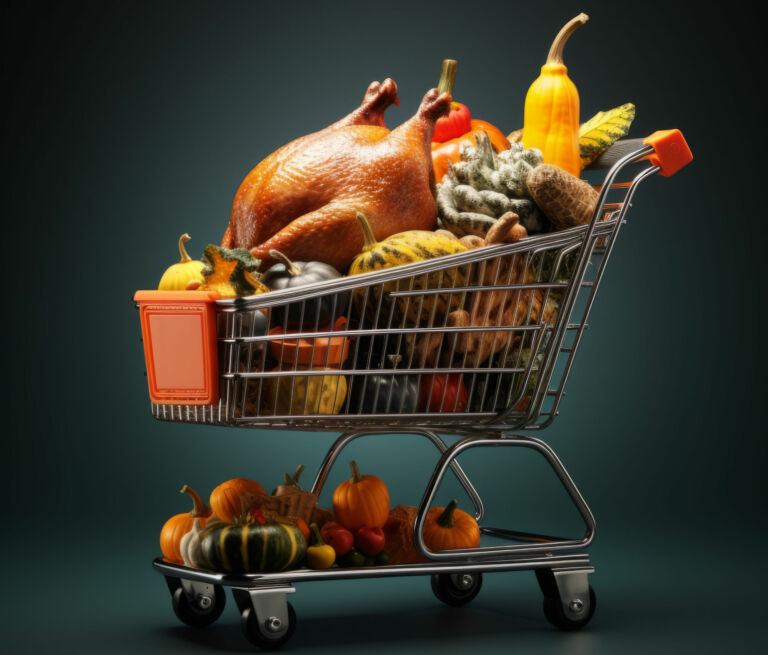Grocery stores across the U.K. have been forced to ration their fresh produce as a cold weather snap diminishes access to fruits and vegetables. This is happening as the country continues to deal with a cost-of-living crisis. Will this impact the U.S. and North Carolina?
When the pandemic first hit, seeing empty shelves in supermarkets unfortunately became rather common and certain items, like toilet paper and meat, were rationed. Well, it seems like the U.K. is returning to that sorry state of affairs.
Tesco, Aldi and other supermarket chains are limiting the quantities that customers could purchase of certain produce. At Tesco, individuals can only purchase three tomatoes, peppers and cucumbers. Asda is limiting customers to two cucumbers, lettuce, tomatoes and peppers. German retailers Aldi and Lidl have instituted similar restrictions.
This is in reaction to cold weather in Southern Europe and Northern Africa, particularly heavy rains in Morocco, which has diminished the harvest for the year.
In addition, farmers in the U.K. are also feeling the effects, with higher energy costs restricting the ability to utilize greenhouses to grow produce in the winter, especially tomatoes. In the wintertime, the U.K. imports about 95% of all its tomatoes.
Ireland is also experiencing shortages, though the lack of produce has yet to fully impact most of continental Europe.
The rising costs are also resulting some farmers switching from growing milling wheat for bread to growing wheat for livestock.
Given its island location, the U.K. is reliant more than most on imports from other countries.
In a report on CNBC, James Walton, chief economist at the Institute of Grocery Distribution, said, “The U.K. is highly reliant on imports of fresh produce at all times of year, especially in winter — the EU accounts for much of this import volume. If there are shortfalls in production in the EU, then it would make sense that EU producers would serve their local demand first. This leaves less available for export to the U.K.”
The shortages could last up to four weeks.
It will be interesting to see if the United States faces a similar situation in the coming months. Heavy rain and snow in California has been mostly welcomed in the Golden State, with rice production being unusually high. The cows are also apparently happy with the wetter and cooler weather, which will increase the protein and fat in the milk. But there could be some downsides as well.
Flooding has become a severe issue for produce that needs a more conservative amount water. One farmer reports that a flood of water damaged both his produce and equipment for his strawberry fields, resulting in $900,000 worth of damage. Harvesters are also out of work. Overall, the entire strawberry industry, a staple of the summer months, could see $200 million in losses.
These produce disruptions will probably hit the supermarkets, which are already seeing sky-high inflation. This will make it more difficult for families to get the produce they need.


